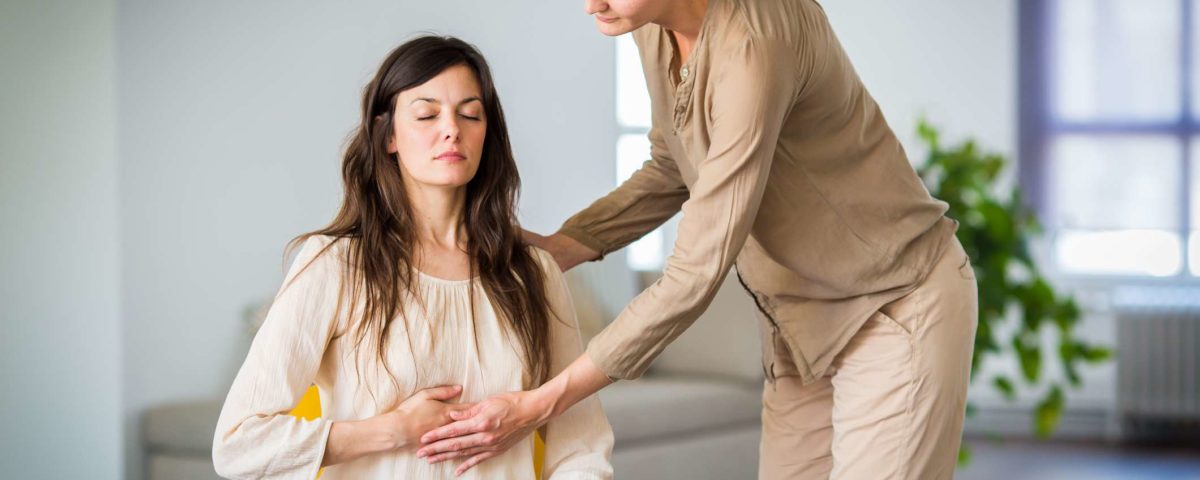Breathing well — weapon in battling unexpected situations

Tips to survive the Christmas cheer
December 18, 2020
Tips to start living better
January 27, 2021Observing our breathing seems to be an underrated thing to do as we do it every second of every day. If we are still breathing, we think that everything is well and under control but is it?
Doing a proper breathing pattern helps us relax and gives us the ability to effectively self-regulate and self-soothe.
Self-regulation and Self-soothing are the most primitive and essential functions of a human being. We do it from the minute we were born. These help us control our behavior, awareness of our surroundings and feelings, especially in challenging situations that might cause stress, anxiety, or panic attacks.
Stressful situations, whether it is due to the environment you are in, or unexpected happenings such as the pandemic we are experiencing, can trigger stress, anxiety, and panic attacks. It may cause tension in our muscles and, sometimes, headache.
We can let go of these tensions by changing how we breathe to calm our nervous system, especially our stress response. In our day-to-day lives, we experience highs and lows in terms of stress, but we need to understand that we still need cortisol, also known as stress hormones, for energy to keep going throughout the day and function effectively.
The problem occurs when we can’t shut down the stress response, which can take a toll on our body.
Here are some tips to have relaxed breathing:
Recognize your breathing.
Being aware of how you breathe is essential. Have a feel where your first breath starts. People tend to forget to breathe properly, which causes stress. Upper chest breathing feeds the flight and fright sympathetic nervous system response. It increases body acidity and creates panic attacks as if you are running from the tiger!
Take a deep breath and sigh.
Breathing from the lower abdomen is the correct way to breathe in as you get air from the lower lungs using your diaphragm to get adequate oxygenation. Relaxed diaphragmatic breathing switches off the stress response and restores calm and balance. In a relaxed state, you revert to a controlled parasympathetic nervous system that allows you to rest, heal, and digest.
BREATHE IN. BREATHE OUT LONGER. REPEAT
When you practice proper and relaxed breathing, it will then send a clear message to your nervous system that the stressful situation is under control, and you can now have a clearer mind and a relaxed body.
Check out my video on how to assess your breathing pattern and recover calm.
Avail yourself of my FREE 20 minute chat either by phone or online
Please send me a message on the contact page and I will get back to you
Because of the pandemic that is happening worldwide, stress, panic, and anxiety attacks are much more common. During this holiday season, wherein people are supposed to be enjoying time with family and friends, they may be filled with stress and panic because of job loss, their family members being sick, bills to be paid, and whatnot. Training our minds to be more aware of our breathing can help ease stress and function effectively, especially during these trying times.
Learning these skills as early as childhood is a good foundation for physiological and psychological resilience through life. Children pick up on stress versus calm in the home. Being able to be calm and relaxed with deep breathing while cuddling your child allows them to find their own peace. These patterns are established as early as 5 years of age.
The world is ever-changing and unexpected situations are inevitable but being equipped with calm and clear thoughts is an excellent start to conquer these. Breathing sounds so simple but doing it the right way is a useful weapon in battling unexpected situations or when you just want to have peace of mind. We have to remember that stress may start within us, but it can be solved by us as well.



